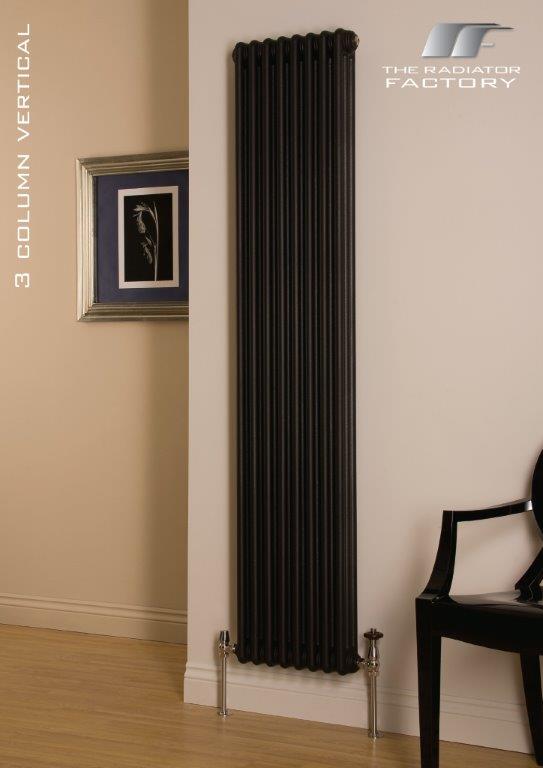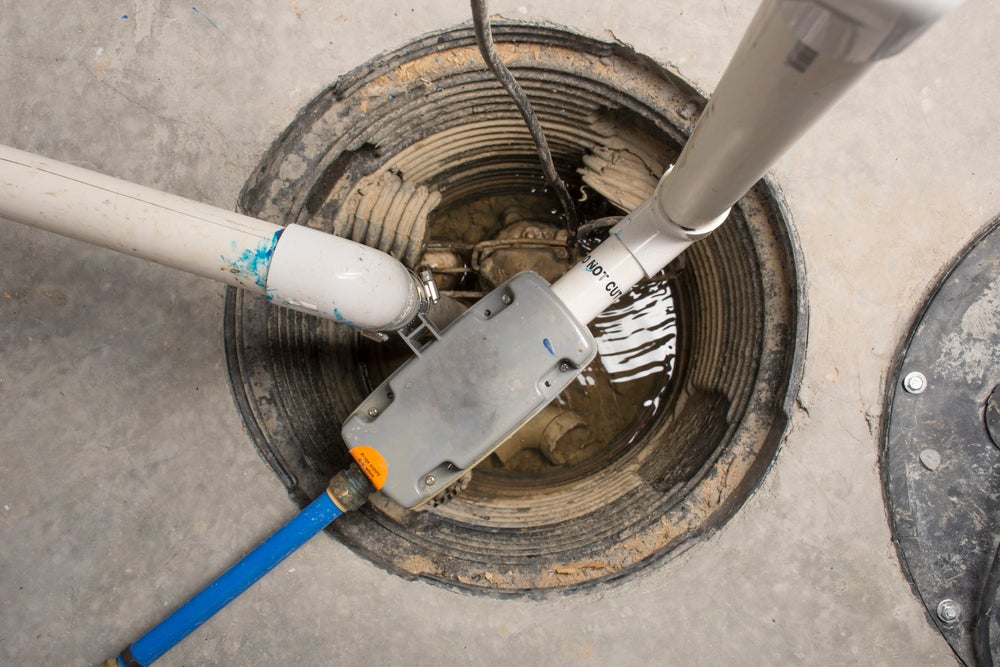The worlds of body art and water purification might seem like opposites. Yet, beneath the surface, a fascinating connection exists. Both tattoo shops and water treatment services prioritize health and safety, albeit in vastly different ways. Let’s delve into the surprising parallels between these seemingly disparate industries.
Precision and Hygiene: The Pillars of Both Trades
In a tattoo shop, artistry meets meticulous sanitation. Skilled tattoo artists wield their tools like surgeons, creating permanent masterpieces on human skin. Just as a doctor prioritizes a sterile environment, tattoo artists meticulously clean and disinfect their equipment to prevent the spread of bloodborne pathogens.
Similarly, water treatment facilities operate with an unwavering commitment to hygiene. Untreated water can harbor harmful bacteria, parasites, and even heavy metals. Water treatment professionals utilize sophisticated filtration systems and disinfection techniques to ensure the water delivered to homes and businesses is safe for consumption. Both tattoo artists and water treatment specialists are guardians of health, relying on precise techniques and meticulous hygiene to safeguard their respective areas of expertise.
Customization and Client Needs: Tailoring Services
The best tattoo shops and water treatment companies understand that one size doesn’t fit all. Tattoo artists work closely with clients to understand their vision, translating dreams and ideas into lasting body art. Whether it’s a delicate floral design or a bold tribal symbol, skilled artists adapt their technique and pigments to suit the client’s skin type, desired style, and long-term care needs.
Water treatment companies also tailor their services to specific needs. Homes with private wells might require filtration systems that differ from those needed for municipal water supplies. Companies conduct thorough water tests to identify contaminants and design a treatment plan that addresses the unique challenges of each source. This customization ensures optimal results, just as a tattoo artist personalizes each design for the client’s canvas.
Artistic Expression Meets Environmental Responsibility
While the primary focus of a tattoo shop is artistic expression, eco-conscious shops are increasingly adopting sustainable practices. This can include using vegan inks free of harmful chemicals, minimizing energy consumption through LED lighting, and implementing water-saving measures. Water treatment itself is an inherently environmentally conscious process. By purifying water and reducing reliance on bottled water, these companies play a crucial role in promoting sustainability.
The Art of Communication: Building Trust and Safety
Both tattoo shops and water treatment services rely heavily on clear communication to build trust with their clients. Tattoo artists consult extensively with clients, discussing design ideas, potential allergies, and proper aftercare instructions. This open communication ensures the client has a positive experience and the tattoo heals properly.
Water treatment companies, too, prioritize clear communication. They educate clients about their water sources, potential contaminants, and the benefits of their treatment systems. By providing clear and accessible information, these companies empower clients to make informed decisions about their water quality.
The Unexpected Intersection: A Symbiotic Relationship
While the connection might seem unexpected, tattoo shops and water treatment services share a surprising number of core values. Both prioritize precision, hygiene, customization, and clear communication for the benefit of their clients. Additionally, their eco-conscious efforts contribute to a healthier environment.
The water treated by these services could very well flow through the taps used to clean and sterilize tattoo equipment. In this way, their efforts become intertwined, forming a unique and vital link in the chain of ensuring both artistic expression and public health. After all, a good tattoo deserves clean water for proper healing, and safe water is essential for healthy communities where body art thrives.




